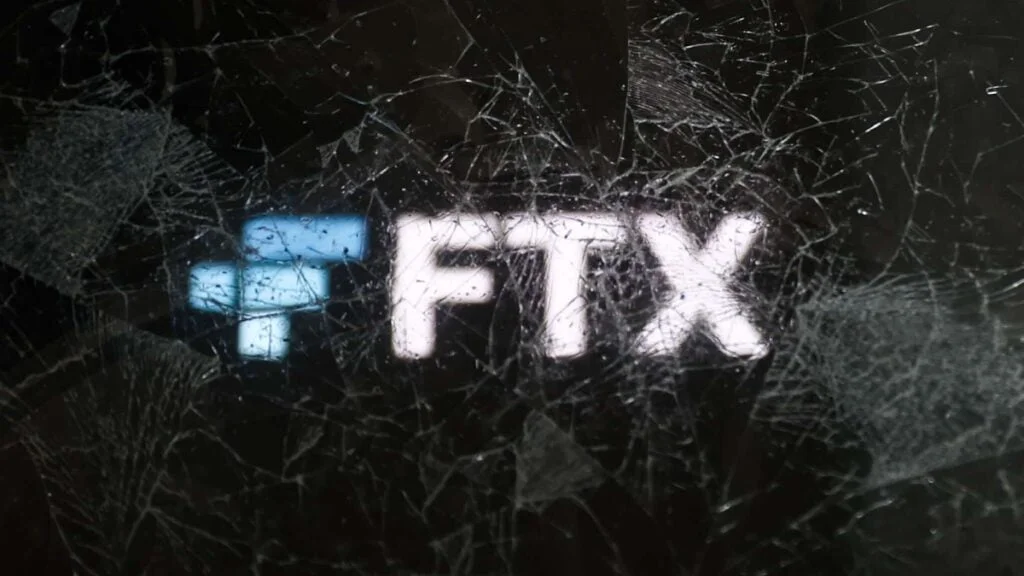FTX users could claim in court that assets “remained their property at all times” and could be treated separately from bankruptcy proceedings.

Before the company filed for bankruptcy on November 11, more than a million creditors of the defunct crypto exchange FTX had been waiting to be paid in full.
However, one expert believes that those who received donations and contributions may have a legal way to return the money to investors and customers. It is “very doubtful,” according to Louise Abbott, a partner at the British law firm Keystone Law, that FTX will be able to make its requests for the voluntary return of grants, political campaign payments, and other contributions the company made before going bankrupt.
The estimated $6.6 million that has already been returned or promised to be returned to FTX is only a small portion of the millions the corporation sent during less turbulent times, most likely as a result of public scrutiny.
“In law, the investors’ claims will be against the FTX trading entity, and/or those responsible for the fraud,” said Abbott. “It does not, as matter of general course, extend to claims against those who donated funds, unless one can in some way be proved that they were implicit in the fraud, which is doubtful.”
A reported $5.2 million from U.S. President Joe Biden’s 2020 presidential campaign was among the funds that were not returned, despite the fact that many lawmakers have declared they have already sent contributions to FTX back in the wake of the company’s collapse.
These refunds, in Abbott’s opinion, were more likely motivated by a desire to “be perceived to be doing the right thing” than by defending oneself against potential legal action.
Most of the donations are made outside of FTX’s bankruptcy proceedings, which are still in the early stages and may not fully compensate all investors or users. Sam Bankman-Fried, the former CEO, has stated on numerous occasions that he intended “to do right by customers,” but in reality, he has little to do with the bankruptcy process and is instead being investigated by the U.S. Justice Department, Securities and Exchange Commission, and Commodity Futures Trading Commission.
Investigations revealed the company used customer assets to fund investments through Alameda Research, likely in violation of the platform’s terms and conditions.
Abbott said it was possible that third parties who had received FTX donations could be required to return them directly to users. The legal expert explained that this would allow users to treat assets independently of bankruptcy procedures and assert in court that they “remained their property at all times”:
“Such assets caught within these terms are not assets belonging to the company, and so the Liquidator has no legal right to collate them as company assets. Those are assets belonging to the respective investors.”
After being detained in the island nation since Dec. 12, Bankman-Fried was transferred from The Bahamas’ authorities into American custody on Dec. 21. In addition to being accused of defrauding investors, Alameda Research CEO Caroline Ellison and FTX co-founder Gary Wang have also been charged.
However, Ellison has reached an agreement with the U.S. Attorney’s Office for the Southern District of New York in exchange for full disclosure of specific information and documents, perhaps in an effort to strengthen the case against Bankman-Fried.
